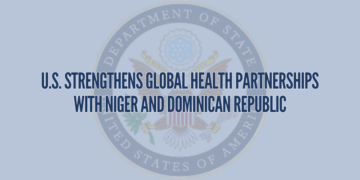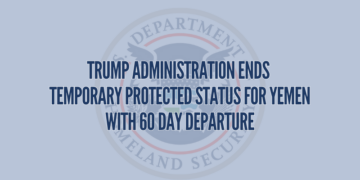On Wednesday, October 2nd, Homeland Security Secretary Alejandro Mayorkas warned that the Federal Emergency Management Agency (FEMA) lacks sufficient funds to respond to the remainder of the hurricane season after having spent over $640 million this year on addressing the migrant crisis. This announcement follows the devastation caused by Hurricane Helene, which ravaged the southeastern United States and left at least 202 people dead.
During a press briefing on Air Force One, en route to survey hurricane damage in the Carolinas, Mayorkas confirmed that FEMA had exhausted much of its budget on services related to the influx of migrants. He admitted, “We are meeting the immediate needs with the money that we have…FEMA does not have the funds to make it through the season.” This revelation has sparked outrage from critics who argue that funds should have been prioritized for natural disasters affecting U.S. citizens.
In 2023 and 2024, FEMA allocated significant resources through programs like the Shelter and Services Program (SSP) and the Emergency Food and Shelter Program, both of which provide humanitarian aid to migrants. Over $1 billion was diverted to these programs, leaving limited resources available for hurricane recovery efforts. Governor Greg Abbott of Texas criticized the federal government’s spending priorities, urging FEMA to redirect funds to hurricane recovery. Republican lawmakers have echoed these sentiments, accusing the Biden administration of neglecting American disaster victims in favor of migrants.
The situation has become politically charged as more than 150,000 households affected by Hurricane Helene have registered for FEMA aid, but many are still waiting for assistance. While some storm victims have received $750 for immediate needs, critics argue that the level of aid is inadequate given the extent of the devastation. President Joe Biden acknowledged the financial strain, stating that it will cost billions of dollars to address the damage caused by Helene and urging Congress to provide additional funds for disaster relief.
Despite Congress recently approving a $20 billion FEMA disaster relief fund as part of a short-term government spending bill, the agency is expected to struggle with future hurricane recovery efforts. As another hurricane threatens the Southeast, many fear that FEMA’s depleted budget will leave vulnerable communities without sufficient support in the critical months ahead.










